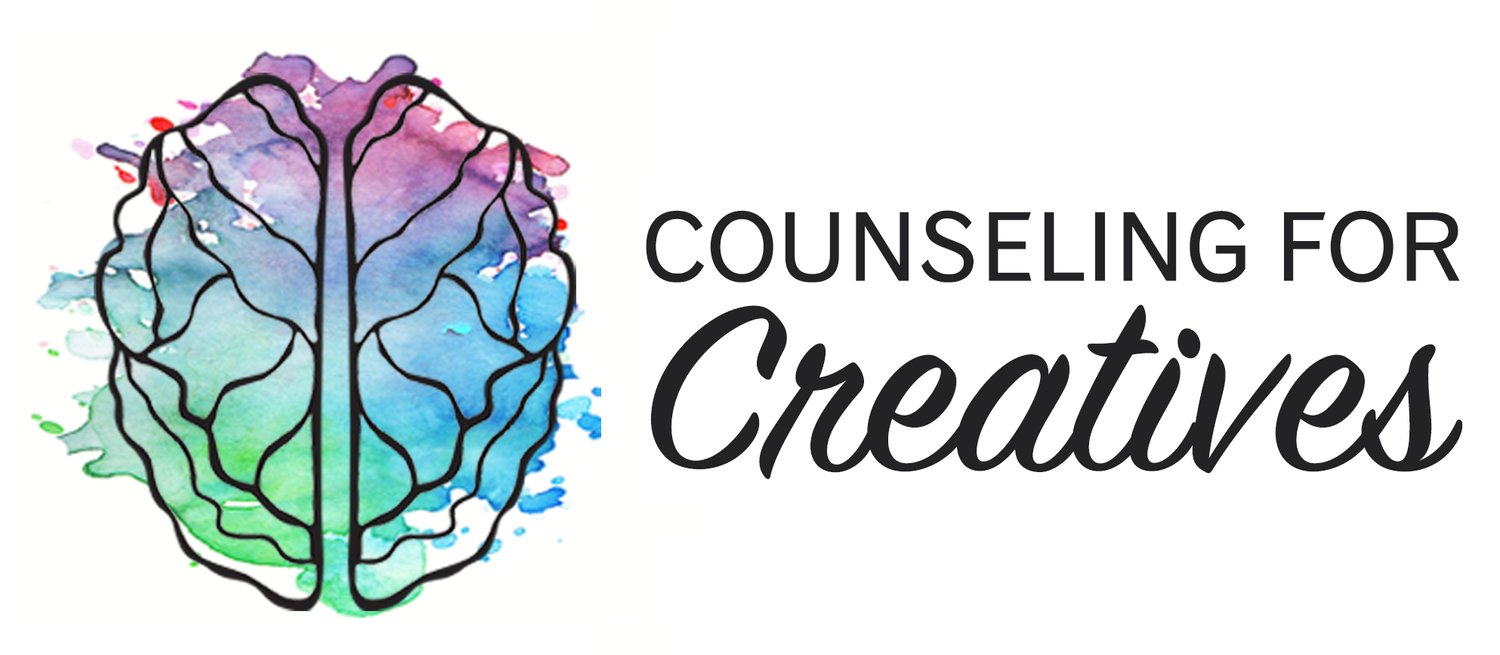Five ways to get your money's worth from your therapist
I know, therapy is expensive. Like I said: it's helpful to think of it as an investment. You're investing in your self or your relationship or your family. You're giving your life a tune-up. It all costs money. You're putting yourself in the hands of a professional in order to do so. Someone who has been educated and trained for, at the very least, 5 years if he or she is licensed. This person should know their stuff and that can be intimidating. BUT, it doesn't mean your therapist should be telling you what to do and it doesn't mean you can't trust your gut. In fact, your counselor should be encouraging you to trust and depend upon yourself. Here's a short list of advice on getting your money's worth from therapy:
1. Ask questions, debate points, and give feedback Ask for what you need. If you don't understand something your therapist says, ask. If you disagree with something she says, say so. This doesn't mean you shouldn't listen to her, but when something feels inherently wrong, just way off from who you are, SAY SOMETHING. It doesn't help you at all to stay mute on the subjects that really rile you up. Again, your therapist is not your friend; she is providing you with a service. Having said that, however you must understand that you also have to...
I know, therapy is expensive. Like I said: it's helpful to think of it as an investment. You're investing in your self or your relationship or your family. You're giving your life a tune-up. It all costs money. You're putting yourself in the hands of a professional in order to do so. Someone who has been educated and trained for, at the very least, 5 years if he or she is licensed. This person should know their stuff and that can be intimidating. BUT, it doesn't mean your therapist should be telling you what to do and it doesn't mean you can't trust your gut. In fact, your counselor should be encouraging you to trust and depend upon yourself. Here's a short list of advice on getting your money's worth from therapy:
1. Ask questions, debate points, and give feedback Ask for what you need. If you don't understand something your therapist says, ask. If you disagree with something she says, say so. This doesn't mean you shouldn't listen to her, but when something feels inherently wrong, just way off from who you are, SAY SOMETHING. It doesn't help you at all to stay mute on the subjects that really rile you up. Again, your therapist is not your friend; she is providing you with a service. Having said that, however you must understand that you also have to...
2. Do your homework Many therapists gives little assignments to their clients. You might be asked to journal something or to complete a questionnaire online or to notice a behavior or thought process during the week. Try your best to do these assignments. They are given to you for a reason and completing them shows your therapist how committed you are to working on yourself or your relationship. If you don't complete your homework, let your therapist know why. Perhaps something needs to be changed about it or perhaps it's telling you something about yourself or your counselor.
3. Listen Listen to what your therapist has to say, the questions he asks, and the insights he might have. He may have some very valuable points to make or inquires. However, your counselor should not be doing most of the talking. If this is the case, speak up. You're there to talk about your life, not listen to your therapist drone on because...
4. You're the expert I know this sounds strange, but you are the expert on your own life and relationships. A good therapist should never act as if she knows what's best for you. A good therapist does not give advice. I repeat:A good therapist does not give advice. A good therapist asks good questions, gives good insight and good suggestions. The point of therapy is to give you (or you and your partner or you and your family) the ability to make the right decisions for yourself, not to make you dependent on your therapist.
5. Work through the discomfort Part of any therapy, whether it be individual, couple, or family, is building self-awareness. With this comes the uncomfortableness of dealing with emotions you'd just rather not feel. Things like sadness, anger, guilt, and hurt. Things that make you feel vulnerable. I can say this from my own experience with therapy: Lean into the discomfort. Because when you come out the other side you've learned more about yourself, more about how you affect others, more about what works for you and what doesn't, and more about the joy you can have. Be gentle with yourself, though. Handle what you can at the times you can. Take it slowly.
I know we hear this all the time, but it is a worthy adage: Take risks. It's the best thing you can do for your brain and for your heart. You've taken the risk to go seek help, now take the risk to make the most of it.


